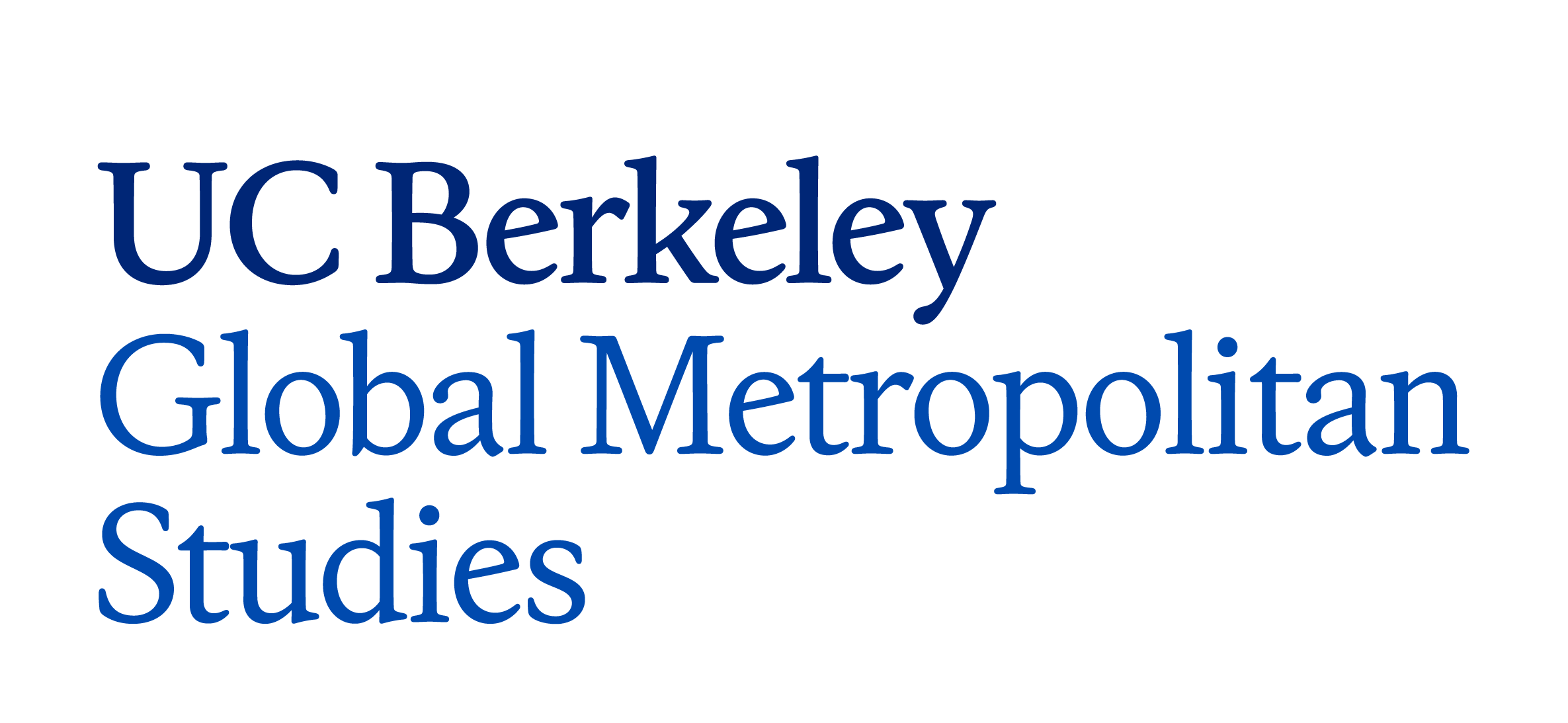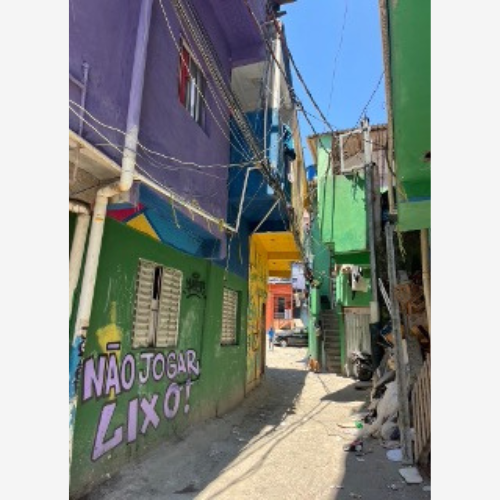Across urban peripheries in the Global South, residents encounter a paradox: while states formally govern, they often share effective control with non-state actors. In Latin America, particularly in Brazil, criminal organizations often regulate daily life, resolving disputes, enforcing social norms, and even providing essential services such as security and infrastructure. These overlapping systems of authority constitute what I term “fragmented governance.”
While existing scholarship has extensively documented how criminal groups govern, we still lack a systematic understanding of how residents navigate these contested spaces politically. My project addresses this gap by examining citizen claim-making: how residents strategically decide when, how, and to whom to voice grievances or demands in contexts of fragmented governance. Specifically, I ask: What shapes residents’ claim-making decisions? Who are the preferred targets of these claims? How do state actors, criminal organizations, and local intermediaries respond?
To answer these questions, I develop a theory that links claim-making behavior to four key factors: (1) the relationship between state and non-state authorities (whether competitive, cooperative, or coexistent); (2) the policy area of the claim (e.g., security, infrastructure); (3) the claimant’s identity and embeddedness in local networks; and (4) the role and autonomy of local intermediaries, especially neighborhood associations.
Empirically, I pursue a multi-method research design across two Brazilian states: São Paulo and Maranhão. These cases reflect distinct configurations of authority: São Paulo, with high state capacity and a centralized criminal governance structure under the PCC; Maranhão, with weaker state presence and ongoing territorial contestation among multiple criminal groups. My dissertation work leverages qualitative evidence gathered in extensive fieldwork in Brazil’s favelas and original observational data on resident demands through geospatial mapping of infrastructure and service provision, text analysis of anonymous hotline complaints, city‐council amendment records, as well as original survey and experimental data. With the help of GMS, I was able to spend the summer conducting interviews with community leaders, favela residents, as well as state officials in São Paulo, Brazil. These interviews helped me with theory-building for the broader dissertation project, as well as laying the future groundwork for the other portions of data collection.

